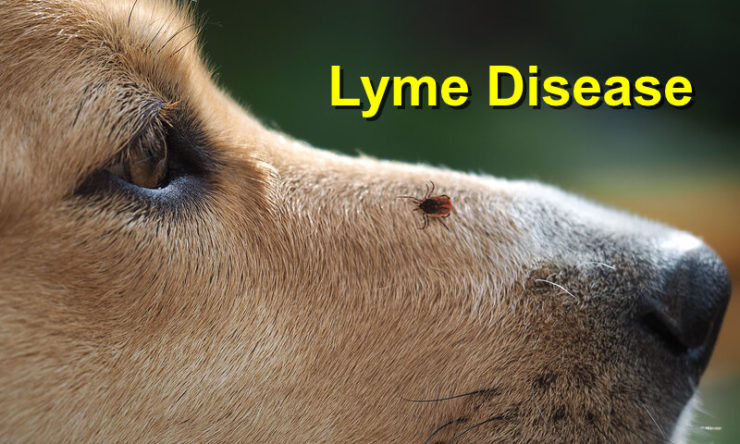Lyme disease
Lyme disease, commonly known as zoonotic illness usually affects both humans and animals. It is currently the most prevalent vector-borne disease in the United States. The disease is often transmitted by ticks, and the illness is quite hard to detect not to mention the fact that it can cause recurring and serious health problems. So, it is important to take appropriate measures to prevent possible infection from tick bites.
How the disease is transmitted
The bacteria responsible for Lyme disease – a spiral-shaped worm like bacteria is primarily transmitted by the deer tick. And in most cases, you can easily find deer ticks in wooded, grassy, marshy areas and in forests. Animals or people might be bitten by these deer ticks when enjoying outdoor activities like camping or hiking. For that reason, it is important to prevent possible infection by vaccinating your dogs against this disease.
As mentioned earlier, Lyme disease is quite a common illness and this means that all laboratories and health care providers that treat cases of this disease should report them to their local health departments.
How you can prevent this illness
An effective way to ensure you protect your dog from Lyme illness is by taking preventive measures that reduce their chance of contracting the illness. Remember that this disease can also spread during summer and that people and pets are more likely to get infected with tick-borne illness like Lyme disease, as well as other diseases like ehrlichiosis, Rocky Mountain Spotted Fever, or anaplasmosis.
It is therefore important that people with household pets should:
Ensure they use effective tick suppressant products. You can consult your vet to advice you on the most appropriate tick preventative product that is appropriate for your pet.
You can also work with the vet to determine if it’s important to vaccinate your pets against the prevalent Lyme disease. Generally, your vet’s advice might depend on your location, as well as your pets overall health and everyday lifestyle.
If possible, you should avoid all areas that you may find ticks. Such areas include marshes, wooded areas and tall grasses.
Check your animals for ticks once indoors. It is also important to ensure you aren’t carrying any ticks on your clothing either.
It is also important to clear out shrubbery in your compound and keep your lawns properly maintained.
Conclusion
It’s important to ensure you follow your vet’s advice after your pet has been diagnosed and treated for Lyme disease. The vet can recommend further testing or evaluation if need be.
References: AVMA, Healthline, Webmd
Copyright: Local Value


